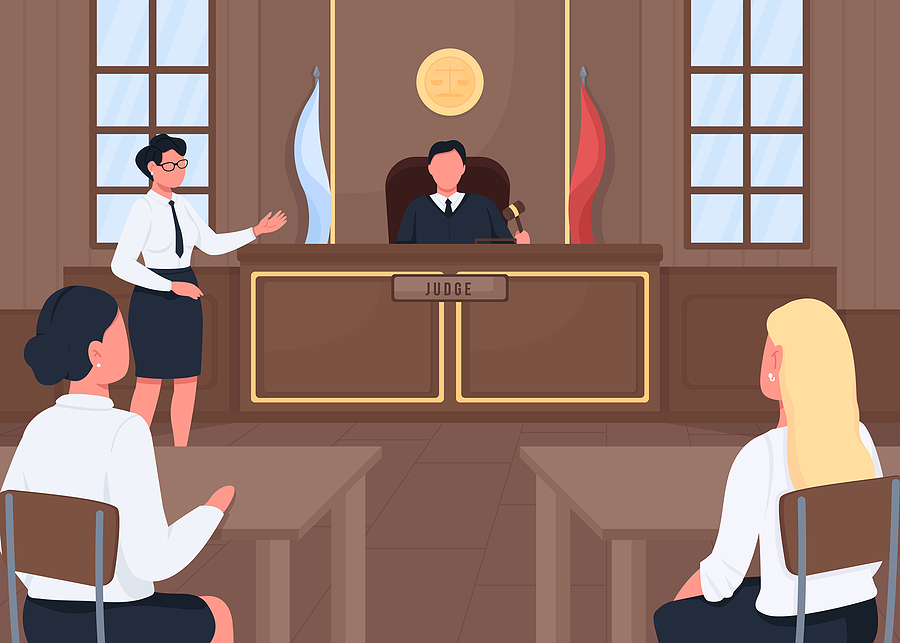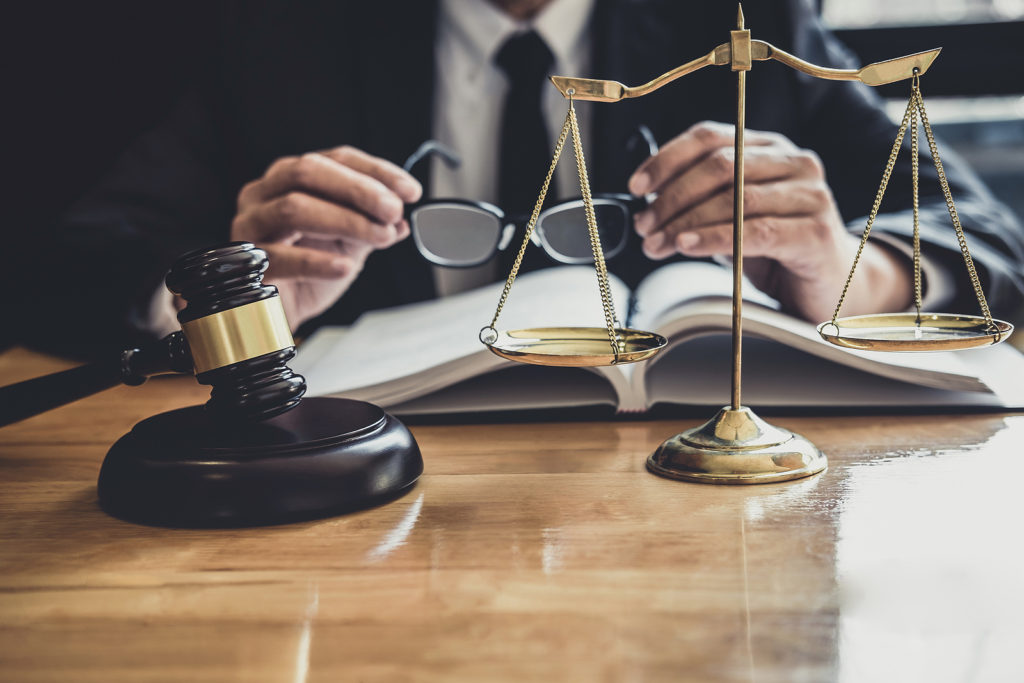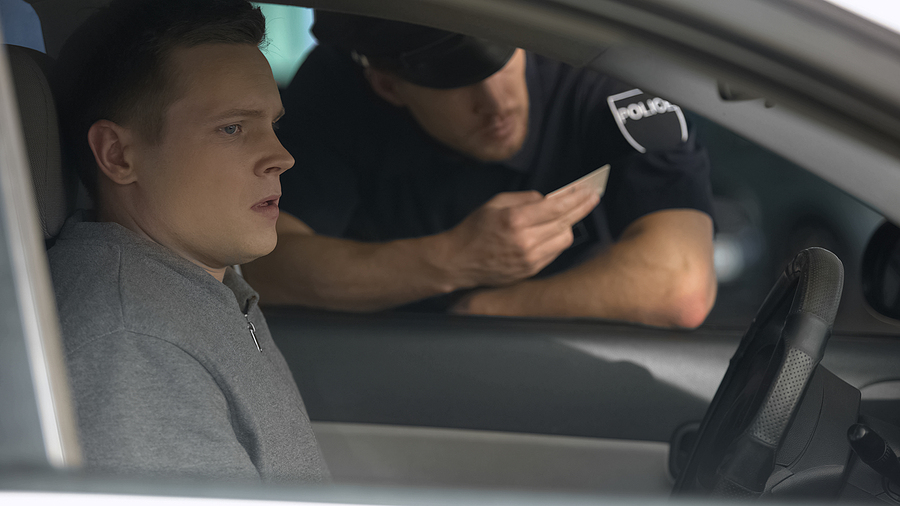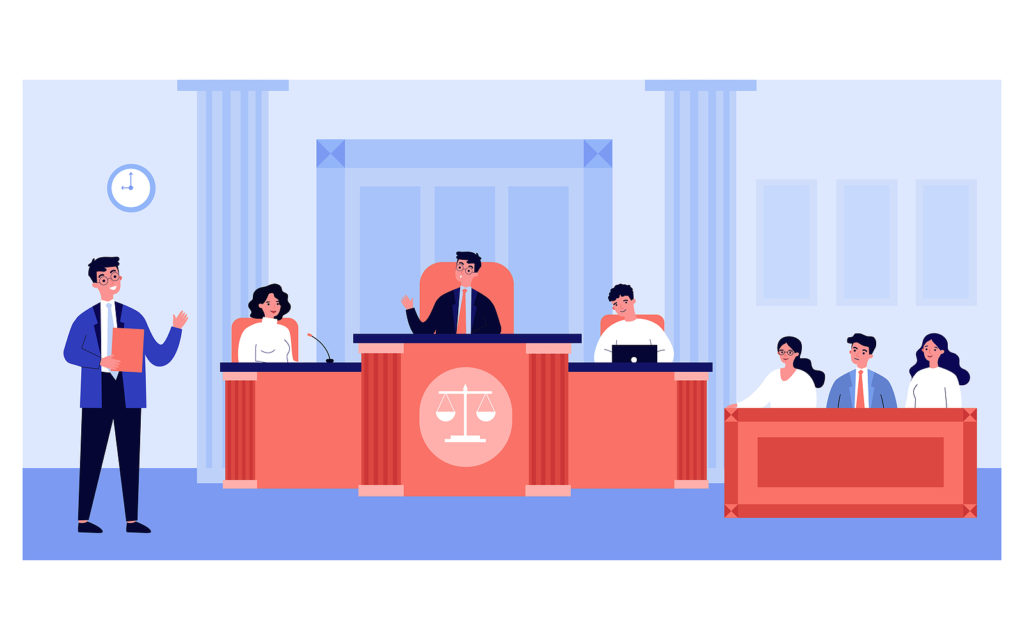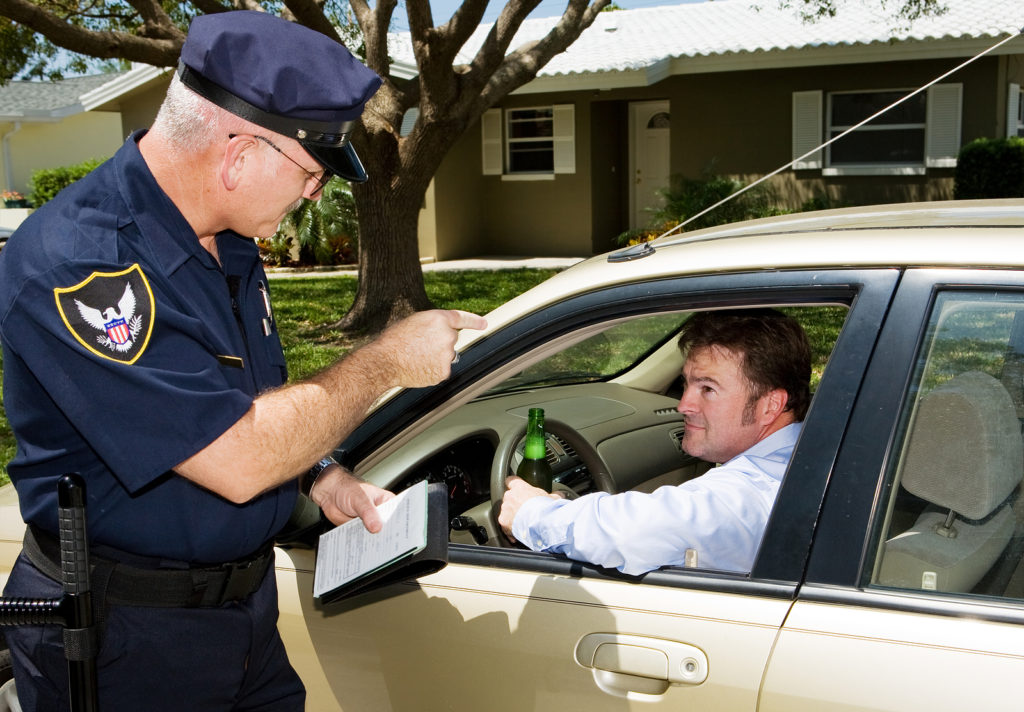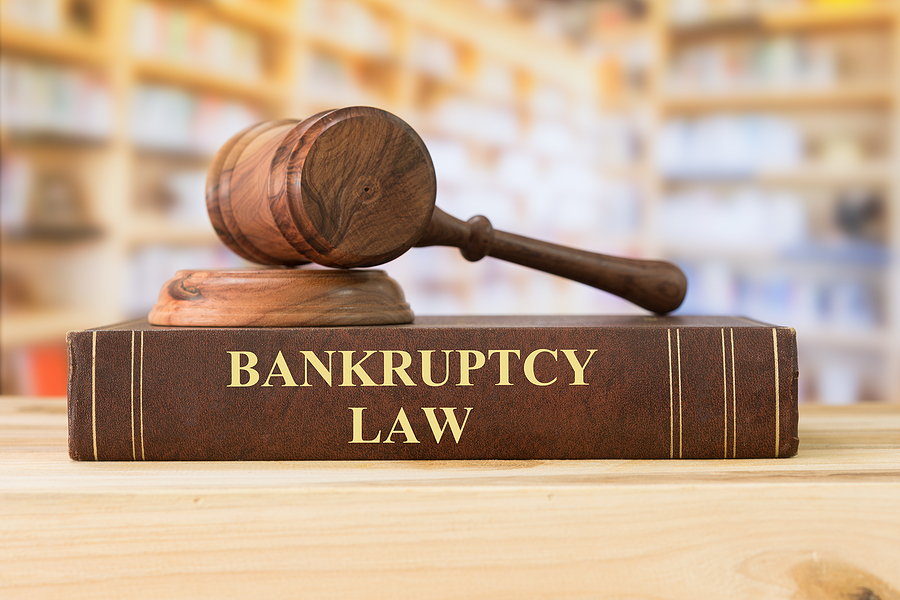There are thousands of reasons why a client may want to fire their current lawyer and hire a new one. Of these countless reasons, there are 4 in particular that may indicate you are being poorly represented. Continue reading to learn what to examine when deciding whether or not your lawyer is meeting your legal needs.

Thinking About Dropping Your Lawyer? Here are 4 Good Reasons You Should:
❶ Your Lawyer is Unprofessional.
There are many signs that indicate a lack of professionalism, from being on time and neatly dressed, to behaving in a respectful and dignified manner. More importantly, if your lawyer is seemingly disorganized, not properly preparing for court hearings, wasting time in meetings, mishandling your funds, losing important documents, and similar behaviors, it may be time to end that relationship and move onto more professional representation.
❷ Your Lawyer Does Not Communicate.
Communication is the key factor between an attorney and their client. Without proper communication, it is very challenging to resolve matters and issues. If your lawyer is not returning your repeated phone calls and emails, or ignoring your questions and requests, it could be a cause for concern. When you feel like you are working too hard to get in touch, or begging for information, your lawyer may not the best fit for your case.
❸ Your Lawyer Lacks Sufficient Knowledge of the Law
If it seems like your lawyer does not understand your case, or is having trouble grasping the laws surrounding your case, it is never a good sign. Experience and expertise are top qualities to look for in an attorney; after all, you have hired them because they know the law and you do not. Whether your lawyer is deviating outside of his actual area of expertise, or they are simply fresh out of law school, your best move is to find a seasoned Indianapolis attorney to represent your case.
❹ You Have Opposing Views on How to Handle Your Case
There are many ways you and your lawyer might disagree on how to handle your case. Although there is nothing out of the ordinary for a lawyer to encourage a client to settle for less than they actually want (or lower than originally thought possible), if your lawyer is trying to force you into a plea deal, this is a bad sign. Your lawyer’s job is to constantly reassess your case and recommend options that are in your best interest. If this is not happening, you may need to find a new lawyer.
Where to Get Trusted Criminal Defense in Indiana
Call the Law Office of David E. Lewis at 317-636-7514 to schedule a free initial consultation with aggressive Indianapolis criminal defense lawyer. Attorney David E. Lewis will stop at nothing to ensure you are not sentenced to the maximum penalties when facing any level or number of criminal charges. With decades of hands-on experience, you can trust our law firm to build you a strong and impactful defense against your Indiana criminal charges.


